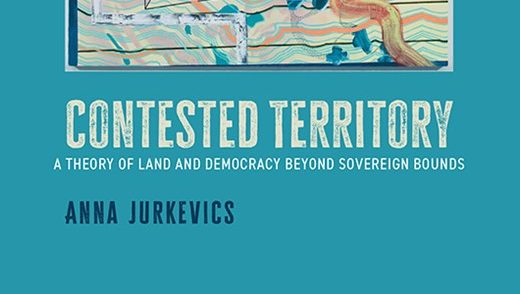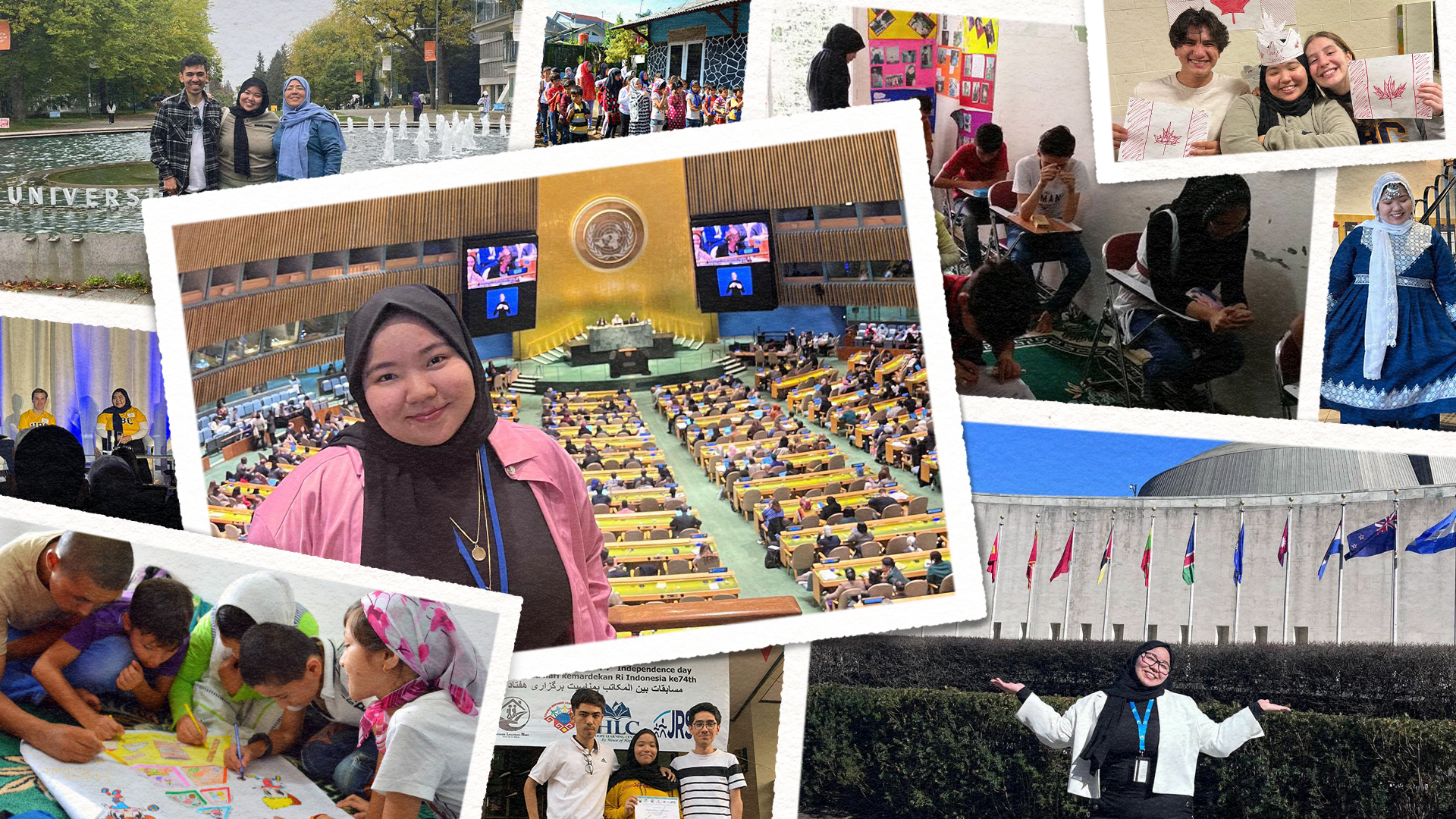Governance of life with AI could become one of the most essential questions of our time, however, current global governance is struggling to handle even the current challenges that new technologies pose.
A new working paper presented by Professor Yves Tiberghien and Honours graduates Danielle Luo and Panthea Pourmalek evaluates pathways to acknowledge the governance gap surrounding digital and AI acceleration. The paper offers ideas for how governments can keep pace with technological innovation and incorporates work that Luo and Pourmalek did for term papers in Tiberghien’s POLI 463.
We spoke to Luo and Pourmalek about the experience writing this paper and what their research means for global policy surrounding digital technology.
How’d you get involved in writing this paper? What questions prompted your research?


Danielle Luo
This paper precipitated from our term papers written for POLI 463, a cross-listed course on Comparative Political Economy conducted by Professor Tiberghien. Through course materials, interactions with classmates with rich experiences in the tech field (shout out to Dongwoo Kim!), and follow-up research with a Canadian think-tank, we came to understand how important and imminent the problem of tech governance is and how intertwined it is with every aspect of human life – politics, trade, e-commerce, communications, everyday life and more. When Prof. Tiberghien shared that he was writing a similar piece for CIGI, we decided to collaborate and jumped on board.
Could you describe the governance gap as it relates to AI acceleration and what this means for policymakers?
AI is just a part of the bigger picture. It’s more so about how dependent we are on digital technologies, and how our policies (both national and international) have not been able to keep pace with the implementation of cutting-edge tech and rapid growth in tech innovation. One area that is especially interesting is the role of big data. The personal data of humans across the globe is collected and owned by a small handful of private firms in the US. Most governments have access to very small quantities of data, and most people in the world don’t have strong or modern policies that protect or outline their rights to their personal data. If we consider the important role of data is as the primary input for any systems that use AI, this becomes really concerning. Data has become the newest comparative advantage that countries or firms seek to acquire. Tech or data policymaking needs to tackle not only monopolistic control of data but also take on a spearheading role in data sharing to level the playing field.
“The human solutions to the predicament cannot come from a single locus or look like responses to past governance issues, there will need to be multiple entry points with a networking and competitive dynamic among them.”
What research and methods did you use for this paper?
We did multiple rounds of close reading and research on existing data protection rules, including national legislations and provisions in bilateral and multilateral trade agreements, with a focus on key jurisdictions including the United States, China, India, and the European Union. In this paper, we also provide data on key indicators that can track the explosion of the digital economy over the last half a decade. We also created an original index of the gap to a functional global system, that considers different dimensions of the digital world like data governance, digital trade, AI, and cybersecurity.
“Apart from research skills, Prof. Tiberghien inspired us on a personal level. His uplifting energy and collaborative spirit made a summer of virtual research thoroughly enjoyable.”
What do you learn from your experience working with Prof. Tiberghien?
Answering a global governance question always seems daunting at first. We learnt from Prof. Tiberghien how to ask pointed, sharp and creative questions that help to break down and compartmentalize a big question into manageable tasks. Our biggest takeaway from Prof. Tiberghien is learning how to exercise analytical agility in research. Prof. Tiberghien prompted us to horizontally expand data points collected by integrating a variety of data, which often have led us to unexpected conclusions. We’ve also learnt to vertically integrate evidence and data at every level of analysis – applying them to both granular and macro levels.
Apart from research skills, Prof. Tiberghien inspired us on a personal level. His uplifting energy and collaborative spirit made a summer of virtual research thoroughly enjoyable.
What impact would you like your research to have? What other tech-related research are you working on?


Panthea Pourmalek
We hope that a regulation and policy-focused research paper on tech and data governance can highlight the importance of distancing the subject matter from geopolitically-charged narratives, which remain relevant, but should not divert attention and energy away from strategic policymaking. Observers of this field should recognize that well-designed tech policies and governance frameworks will not only mitigate the nine types of risks mentioned in our paper but will also engineer opportunities in trade, investment, and many other aspects of human life.
Ultimately, we hope this paper can inspire others to seek creative solutions to a problem that impacts us all. As we wrote in the paper: “The human solutions to the predicament cannot come from a single locus or look like responses to past governance issues, there will need to be multiple entry points with a networking and competitive dynamic among them.”
More about Luo and Pourmalek’s research:
Danielle Luo works in the financial sector, where Blockchain poses significant opportunities but also risks regulatory backlog given the rate at which the technology outpaces regulatory refresh. She has been applying similar research methods used in this study to understand Blockchain regulations in different markets. She is also keen to explore how Decentralised Finance enabled by Blockchain will structurally change the deployment of capital globally.
Panthea Pourmalek is a part of the blockchain graduate pathway here at UBC, where she’s hoping to focus on applications of blockchain transitional law, the restitution of land occupancy and ownership rights in conflict-affected contexts. She has also done research on technology in the context of conflict and insecurity in my position at the Global Network of Women Peacebuilders. She co-authored a policy paper on women’s peacebuilding in the context of digitalization last year and is now working on assessing and improving gender sensitivity in national cybersecurity strategies.


